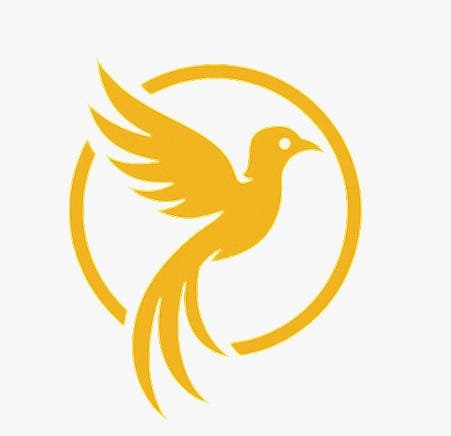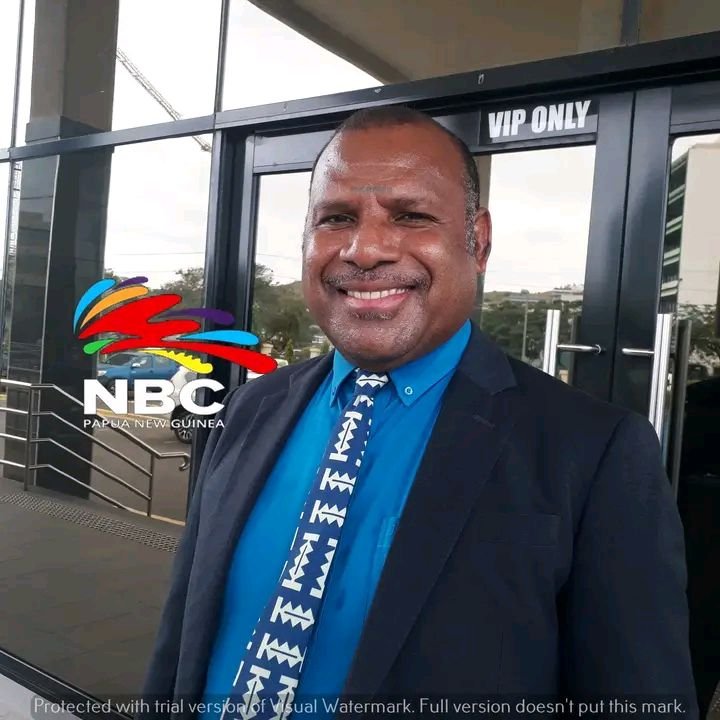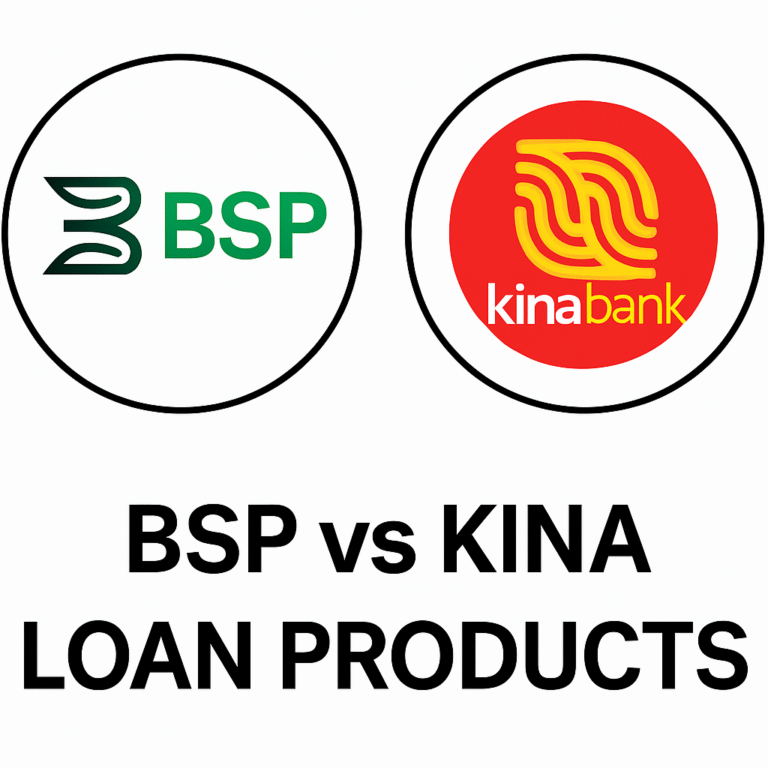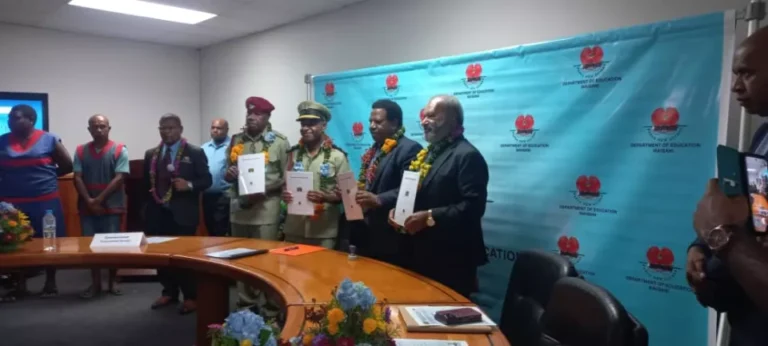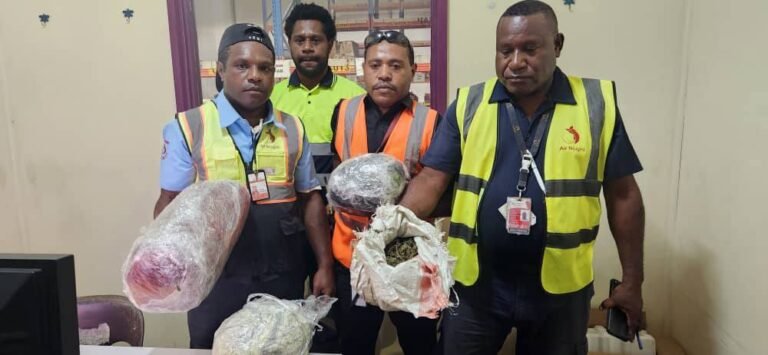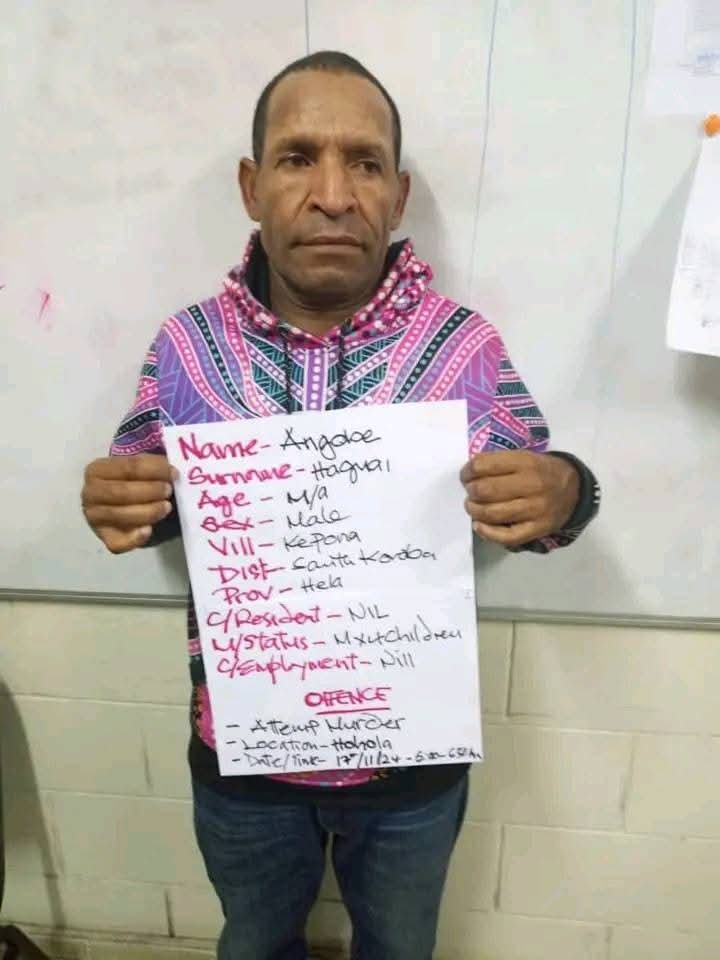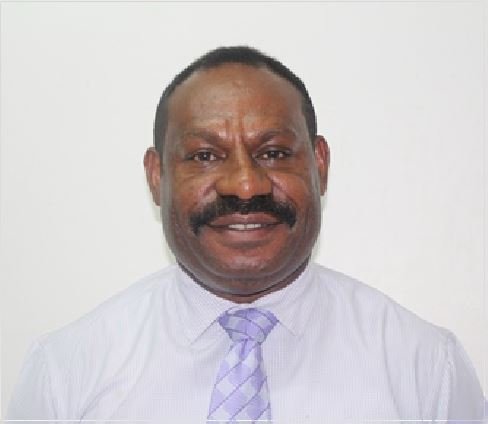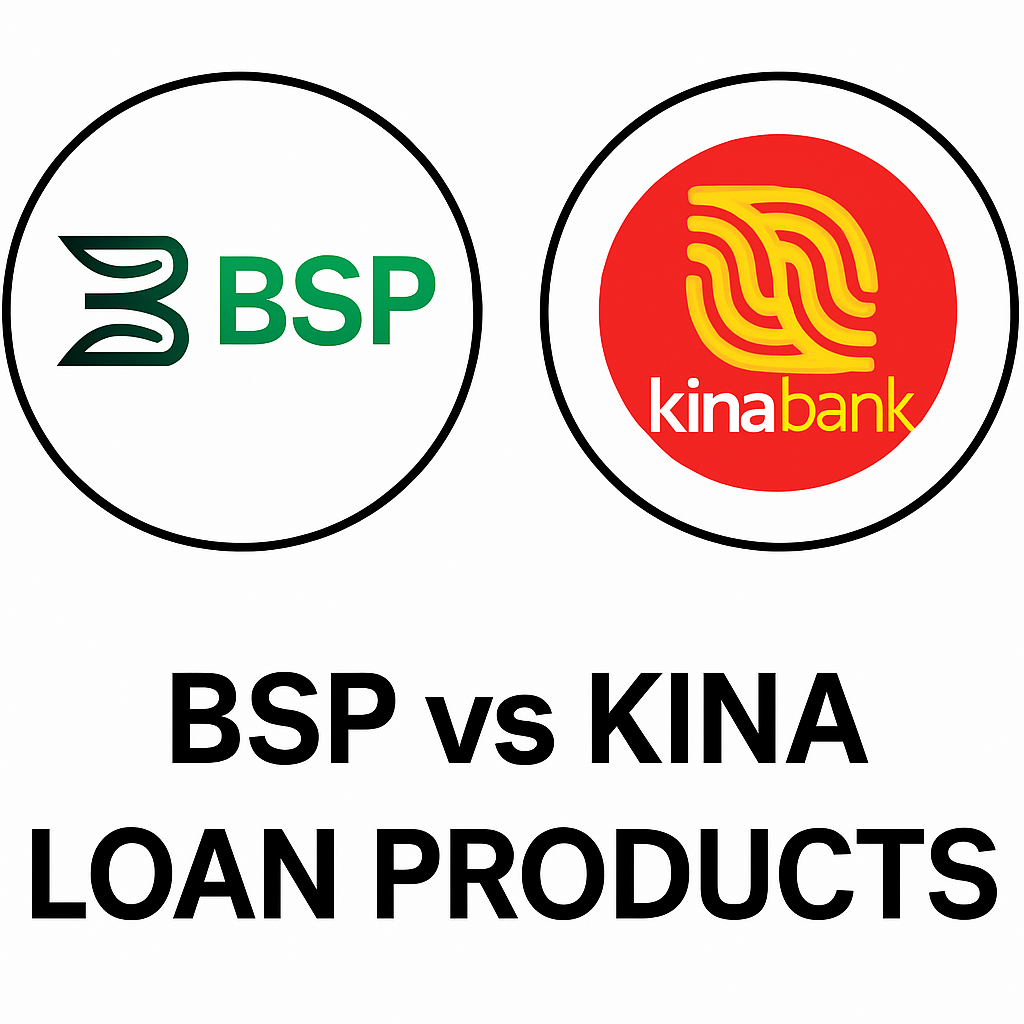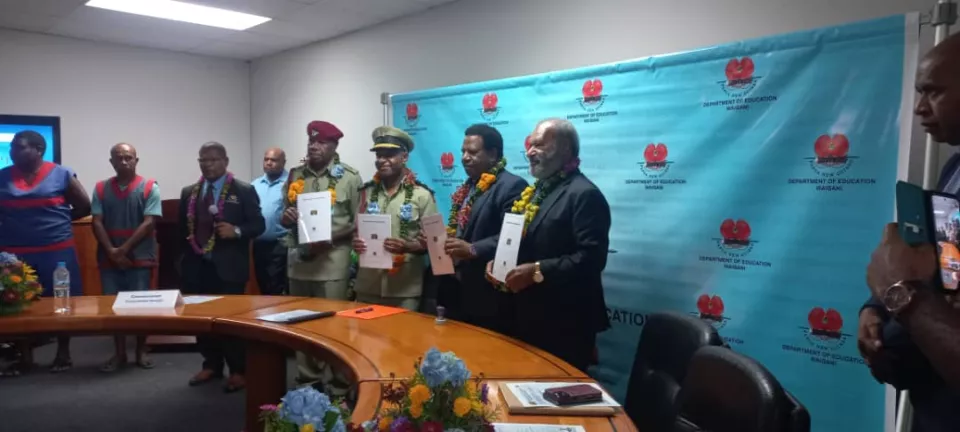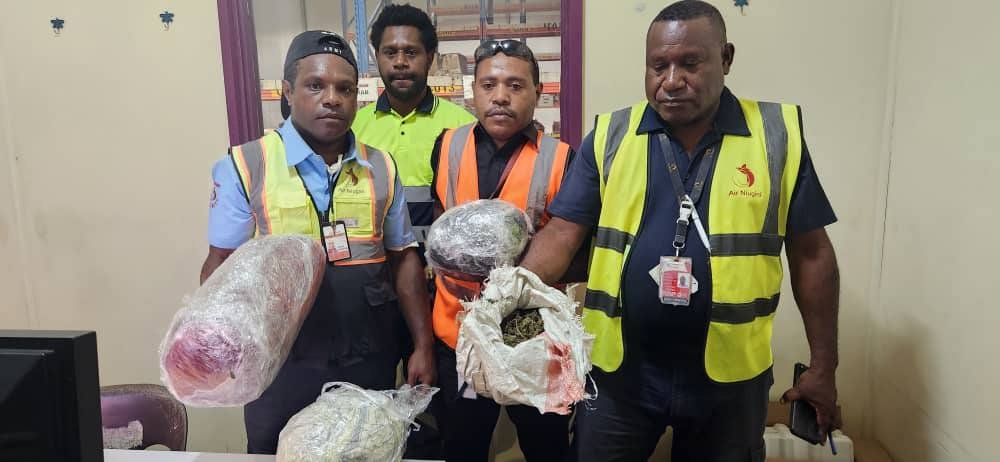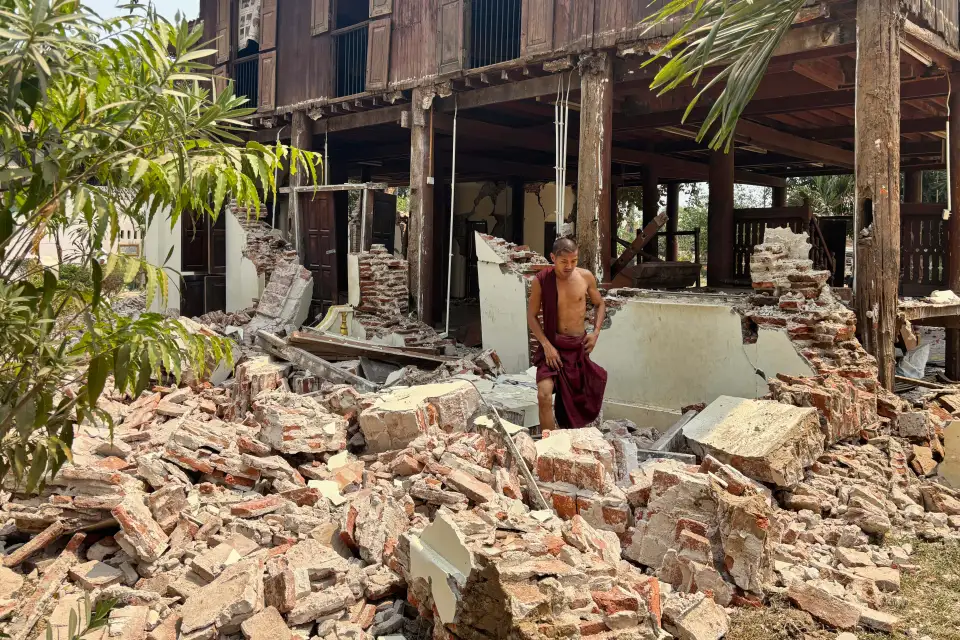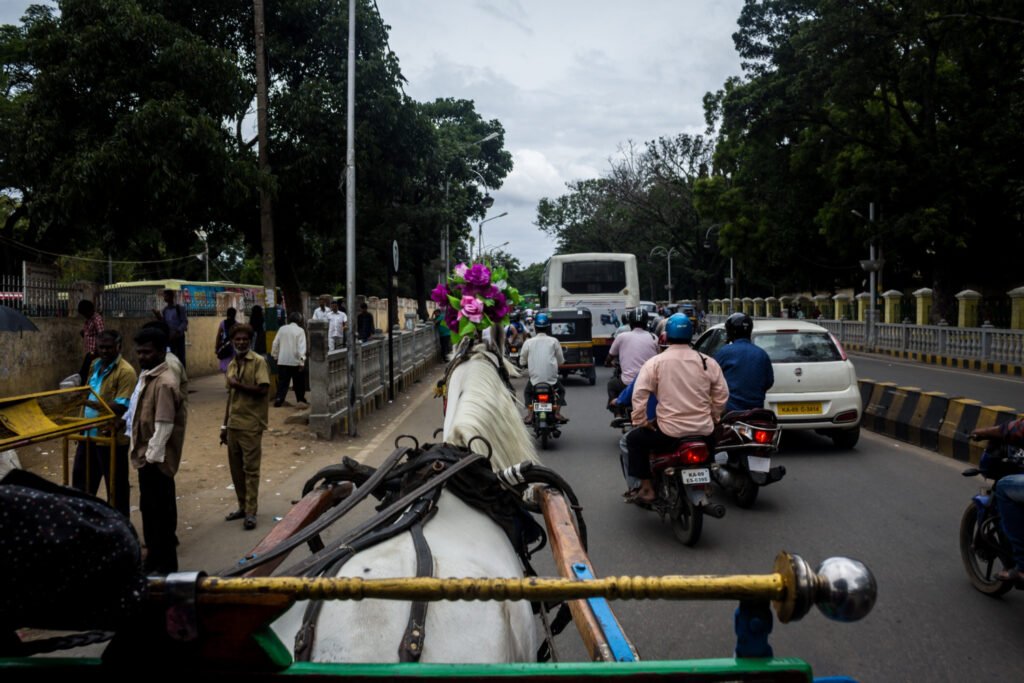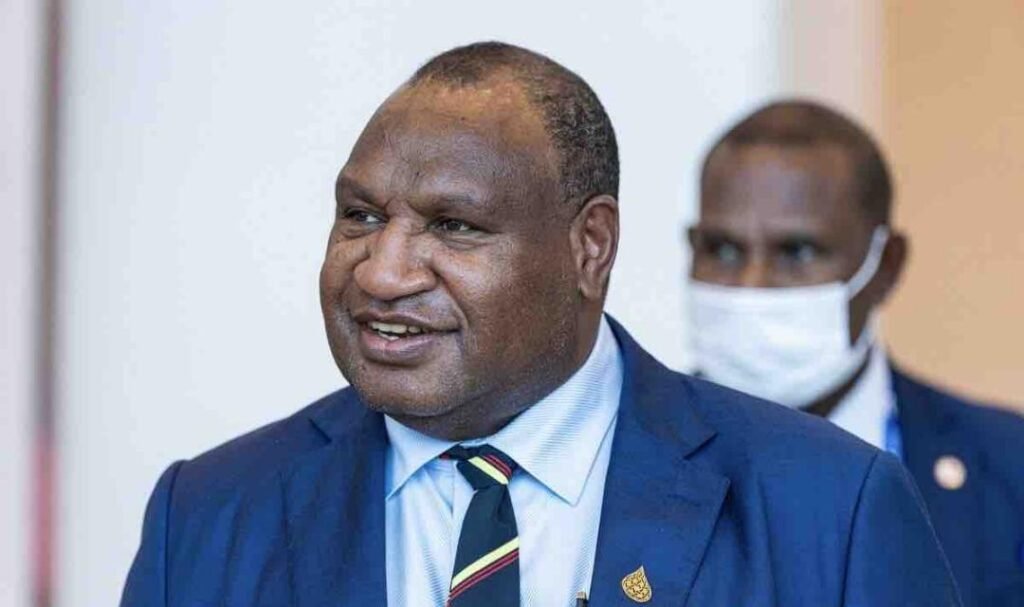In bedrooms, roadside cafés, and university dorms across Papua New Guinea, a wave of young content creators is reshaping the national media landscape—armed with nothing more than a smartphone and a strong sense of identity.
From TikTok skits in Tok Pisin to raw, heartfelt podcast episodes about village life, mental health, and love, PNG’s youth are finding new ways to tell their stories—and their audiences are listening.
The Rise of Homegrown Influencers
Among the most followed is @KaiaFromKokopo, a 20-year-old creator whose comedic sketches about growing up in East New Britain have earned her over 150,000 followers on TikTok. Her videos blend humor with cultural commentary, often poking fun at generational differences, traditional customs, and modern dating.
“I don’t try to go viral,” Kaia laughs. “I just talk about what we all know—life in PNG. People connect with it because it’s real.”
In Lae, 22-year-old Benny Bairo hosts a weekly podcast titled “Grounded in the Haus”, discussing topics like masculinity, language loss, and climate anxiety—all through the lens of youth.
“There’s a hunger for stories that reflect who we are,” Benny says. “We’re creating media by us, for us.”
Challenges Behind the Scenes
While many creators are gaining traction, challenges remain:
- Unstable internet access, particularly in rural areas
- Limited access to professional gear and editing tools
- Lack of monetization opportunities within PNG
- And sometimes, pushback from conservative audiences who find digital self-expression unfamiliar or provocative
Yet, youth continue creating, often collaborating with peers across provinces or abroad using free platforms like Zoom, Canva, and CapCut.
Cultural Influence & Representation
These creators are doing more than entertaining. They’re shaping conversations about identity, gender roles, urban-rural differences, and language revival.
Some incorporate traditional music, pidgin poetry, or local folklore into their work. Others interview elders, aiming to digitize oral traditions before they’re lost.
As media scholars have noted, this kind of grassroots storytelling is essential for national identity building in a digital age.
Support from the Diaspora and Development Partners
Several creators credit support from diaspora mentors, NGO-led digital literacy programs, or cultural grants that allow them to expand their content reach.
An Australia-PNG creative exchange program recently helped two young podcasters from PNG travel to Brisbane to collaborate with First Nations media producers—an experience that opened new doors.
What’s Next?
With platforms like TikTok, YouTube Shorts, and Spotify Podcasts now gaining popularity even in semi-urban areas, PNG’s youth media scene is just getting started. A national youth media fellowship is rumored to be launching in 2026, aimed at supporting emerging talent.
The message is clear: PNG youth don’t need a broadcasting license to shape the narrative. All they need is their voice, a mobile phone, and the courage to be seen.


